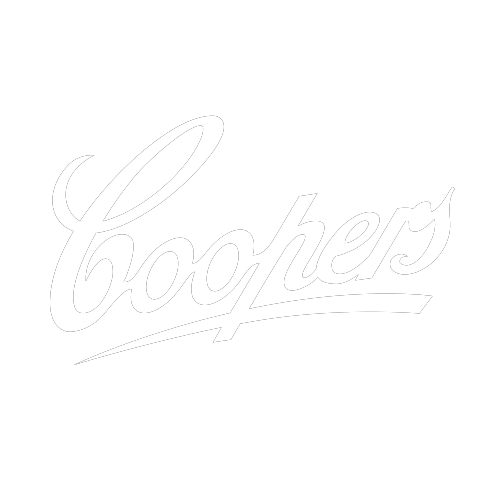Maluw Adhil Urngu Padanu Mamuy Moesik (Legends from the Deep Sitting Peacefully on the Waters): Selected Works from the 23rd Biennale of Sydney: Rīvus
28 January–29 April 202328 Jan–29 Apr 2023
#MaluwAdhilUrnguPadanuMamuyMoesik
For its 2022 edition Rīvus, the Biennale of Sydney developed its project Casiquiare. It collaborated with leading Australian galleries to co-commission works to present, first in the Biennale of Sydney, then in unique curated shows at those galleries.
The Biennale and the IMA commissioned a work from the Torres Strait 8, a collective on the frontline of climate-crisis advocacy in Zenadh Kes (the Torres Strait Islands and surrounding seas). The group fights for justice for their communities in holding the Australian Government accountable on climate-change policy. Led by Yessie Mosby, a Kulkalgal traditional owner, their work—Maluw Adhil Urngu Padanu Mamuy Moesik (Legends from the Deep Sitting Peacefully on the Waters)—incorporates works created as part of the Our Islands Our Home campaign.
At the IMA, the Torres Strait 8 work is the anchor for a curated selection of Biennale works that speak to our enduring connections and responsibilities to the natural world, that explore how these potential relationships might decentre the human, that prioritise care for Country, and that advance justice in an epoch of rising temperatures and rising seas.
Maluw Adhil Urngu Padanu Mamuy Moesik (Legends from the Deep Sitting Peacefully on the Waters): Selected Works from the 23rd Biennale of Sydney: Rīvus is presented by the Biennale of Sydney and the Institute of Modern Art, with generous support from the Restart Investment to Sustain and Expand (RISE) Fund, an Australian Government initiative.
-
Artists
Through drawing, dance and film, Zheng Bo cultivates intimate relations with plants. These relations are aesthetic, erotic, and political. For them, art does not arise from human creativity, but more-than-human vibrancy. In 2022, they presented a new forest dance film Le Sacre du Printemps (Tandvärkstallen) at the Venice Biennale. Guided by Daoist wisdom, they grow weedy gardens, living slogans, ecoqueer films, and ecosocialist workshops. These diverse projects, alive and entangled, constitute a garden where they collaborate with both human and nonhuman thinkers and activists. Their ecological art practice contributes to an emergent planetary indigeneity. Zheng Bo grew up in Beijing and now lives on Lantau Island, Hong Kong.
Casino Wake Up Time is a collective of Bundjalung and Kamilaroi women who have been meeting and weaving for over ten years. Established in 2006 in Casino, Australia, members Auntie Janelle Duncan, Auntie Margaret Torrens, Theresa Bolt, and Kylie Caldwell are leading NSW Aboriginal contemporary weaving into new and abstract forms. Meeting to share stories, learn traditional crafts and make intricate pieces, sharing skills has been a way of renewing culture for the collective. The artists have held several exhibitions locally as well as showing at Sydney’s Boomalli Gallery and have conducted numerous workshops locally and nationally.
Casino Wake Up Time is a collective of Bundjalung and Kamilaroi women who have been meeting and weaving for over ten years. Established in 2006 in Casino, Australia, members Auntie Janelle Duncan, Auntie Margaret Torrens, Theresa Bolt, and Kylie Caldwell are leading NSW Aboriginal contemporary weaving into new and abstract forms. Meeting to share stories, learn traditional crafts and make intricate pieces, sharing skills has been a way of renewing culture for the collective. The artists have held several exhibitions locally as well as showing at Sydney’s Boomalli Gallery and have conducted numerous workshops locally and nationally.
Jessie French explores speculative futures through algae-based bioplastic, and water-based ecologies, inviting us to engage with the possibilities of a post-petrochemical world. Experimenting with other materials, she explores the potential of closed-loop systems of reuse and conscious consumption of and interaction with objects. In 2020, she founded Other Matter, an experimental design studio working with algae-based bioplastics.
Clare Milledge lives in Bundjalung Country (Broken Head) on the lands of the Arakwal people, and in the Eora Nation (Paddington) on the lands of the Bidjigal and Gadigal people. Her work engages with ecology through the historical figure of the artist–shaman. She collects, re-organises, transforms, and re-presents recordings, information, and materials gathered on site visits. Her research output takes the form of environments that incorporate glass paintings, textile works, costumes, sets, collaborative experimental sound, and performance.
Clare Milledge lives in Bundjalung Country (Broken Head) on the lands of the Arakwal people, and in the Eora Nation (Paddington) on the lands of the Bidjigal and Gadigal people. Her work engages with ecology through the historical figure of the artist–shaman. She collects, re-organises, transforms, and re-presents recordings, information, and materials gathered on site visits. Her research output takes the form of environments that incorporate glass paintings, textile works, costumes, sets, collaborative experimental sound, and performance.
Marjetica Potrč is an artist and architect based in Ljubljana, Slovenia. Her works include drawing series, architectural case studies, and public-art projects. Her onsite projects are characterised by participatory design and a concern with sustainable solutions. They often centre around infrastructure and resources, such as water and soil. Her work emphasises individual and community empowerment, and problem-solving tools and strategies for the future that transcend neoliberal agreement and testify to the failures of modernism.
Ray Woods is a Wiradjuri man dedicated to caring for Country, primarily the land and waters along the Murrumbidgee and Galari (Lachlan) Rivers around Hay. He makes videos with Bernard Sullivan and others to share his understanding about Country and his concerns for it. His collaborative projects include the film Yindyamarra Yambuwan and exhibitions at Wagga Art Gallery, Burambabirra Yindyamarra: Sharing Respect (2016) and Ngiyanggarang: Beginning a Conversation in the Morning to Awaken Others (2018).
Ray Woods is a Wiradjuri man dedicated to caring for Country, primarily the land and waters along the Murrumbidgee and Galari (Lachlan) Rivers around Hay. He makes videos with Bernard Sullivan and others to share his understanding about Country and his concerns for it. His collaborative projects include the film Yindyamarra Yambuwan and exhibitions at Wagga Art Gallery, Burambabirra Yindyamarra: Sharing Respect (2016) and Ngiyanggarang: Beginning a Conversation in the Morning to Awaken Others (2018).
Duke Riley addresses the tension between individual and collective behaviour, independent spaces within all-encompassing societies, and conflict with institutional power. He examines transgression zones and their inhabitants through drawing, printmaking, mosaic, sculpture, performative interventions, infiltrations, and video. He combines populist myths and historical obscurities with contemporary social and environmental dilemmas, connecting past and present, drawing attention to unsolved issues. He profiles the space where water meets land, traditionally marking the periphery of urban society, what lies beyond rigid moral constructs, a sense of danger and possibility.
The Torres Strait 8 is a group of claimants and traditional owners from Zenadh Kes (Torres Strait Islands). They recently won their legal fight against the Australian government for its inaction over climate change before the UN Human Rights Committee. Formed in 2019, its members are Yessie Mosby (Masig, Yorke Island), Kabay Tamu (Warraber, Sue Island), Keith Pabai (Boigu, Boigu Island); Stanley Marama (Boigu, Boigu Island), Nazareth Warria (Masig, Yorke Island), Ted Billy (Warraber, Sue Island), Daniel Billy (Warraber, Sue Island), and Nazareth Fauid (Poruma, Coconut Island).
The Torres Strait 8 is a group of claimants and traditional owners from Zenadh Kes (Torres Strait Islands). They recently won their legal fight against the Australian government for its inaction over climate change before the UN Human Rights Committee. Formed in 2019, its members are Yessie Mosby (Masig, Yorke Island), Kabay Tamu (Warraber, Sue Island), Keith Pabai (Boigu, Boigu Island); Stanley Marama (Boigu, Boigu Island), Nazareth Warria (Masig, Yorke Island), Ted Billy (Warraber, Sue Island), Daniel Billy (Warraber, Sue Island), and Nazareth Fauid (Poruma, Coconut Island).
Hanna Tuulikki is a British-Finnish artist, composer and performer based in Glasgow, Scotland. Her practice spans performance and audio-visual installation, blending vocal music, choreography, costume and drawing. In her work, she investigates how the body communicates beyond and before words to tell stories through imitation, vocalisation and gesture. With a largely place-responsive process, she considers how bodily relationships and folk histories are encoded within specific environments, ecologies and places. Her recent work engages with what it means to live on a damaged planet, proposing contemporary queer ritual as a way to process the trauma that comes with ecological awareness.
Zenadh Kes (the Torres Strait) is home to people who have lived with a deep connection to land, sea, sky and culture for over 60,000 years. The people of Zenadh Kes are on the front line of climate change with rising sea levels, increasing extreme weather events and coastal erosion affecting the 18 inhabited islands in the region and threatening many communities’ way of life and culture.
Zenadh Kes (the Torres Strait) is home to people who have lived with a deep connection to land, sea, sky and culture for over 60,000 years. The people of Zenadh Kes are on the front line of climate change with rising sea levels, increasing extreme weather events and coastal erosion affecting the 18 inhabited islands in the region and threatening many communities’ way of life and culture.
-
Marjetica Potrč: How to Meet a River
Audio Meditation and Methodology
-
Hanna Tuulikki: How to Meet a Seal
Audio Meditation and Methodology
-
Kylie Caldwell: How to Meet a Plant
Audio Meditation
-
Maluw Adhil Urngu Padanu Mamuy Moesik (Legends from the Deep Sitting Peacefully on the Waters)
Audio Descriptions and Interpretive Text









